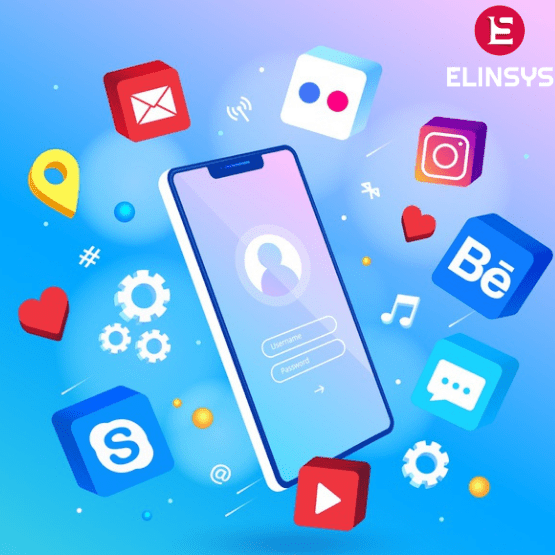When health is on the top of everyone’s priority lists, researchers are looking at how health data from wearables can be used to predict the onset of illness. The timing couldn’t be better! Wearables might be able to warn the user infected with a number of diseases or the onset of a number of ailments. In the current situation, this sort of health tracking may not be able to accurately detect the onset of or the symptoms of COVID 19, but one day, these gadgets (wearables) could be effectively used to at least provide the right feedback and detect the early signs of flu or chronic illnesses like Type-2 diabetes.
- If you have a device that can detect your heart rate, this hypothetical tool will work.
- Then imagine that an app is able to monitor your heart rate and blood oxygen (because both use the same type of optical scanner to work)
- These apps and devices can warn you when the data threshold is such that you are about to get sick.
Researchers have also noticed a marked but subtle change in blood chemical that predicts viral or bacterial infections. It also turns out that the change in your blood oxygen count or heart rate while at rest is a predictor of this harder-to-detect chemical change. It is however possible that readings may not be accurate, because there is not consistency. So, a fitness tracker app can give enough data for an app to build a baseline for your resting heart rate – same can be done for blood oxygen levels too.
When it comes to monitoring health, consistency would be more important than accuracy. If the app sees an upward trend, it can start monitoring while moving. The app can then predict depending on whether the heart starts racing (more than normal) or if you get short winded. Using wearables for diagnosis in healthcare is pretty new and no one can give you accurate results. But it is definitely a promising concept – to let you know that you may be feeling sick – even before you start feeling bad.
The important thing is that the wearables can communicate with a smartphone and can monitor the parameters specified. Fitbits, Apple Watches and fertility trackers already exist. Studies, then clinical trials and diagnistics – the idea seems and sounds feasible – and people are looking for smart solutions right now.



